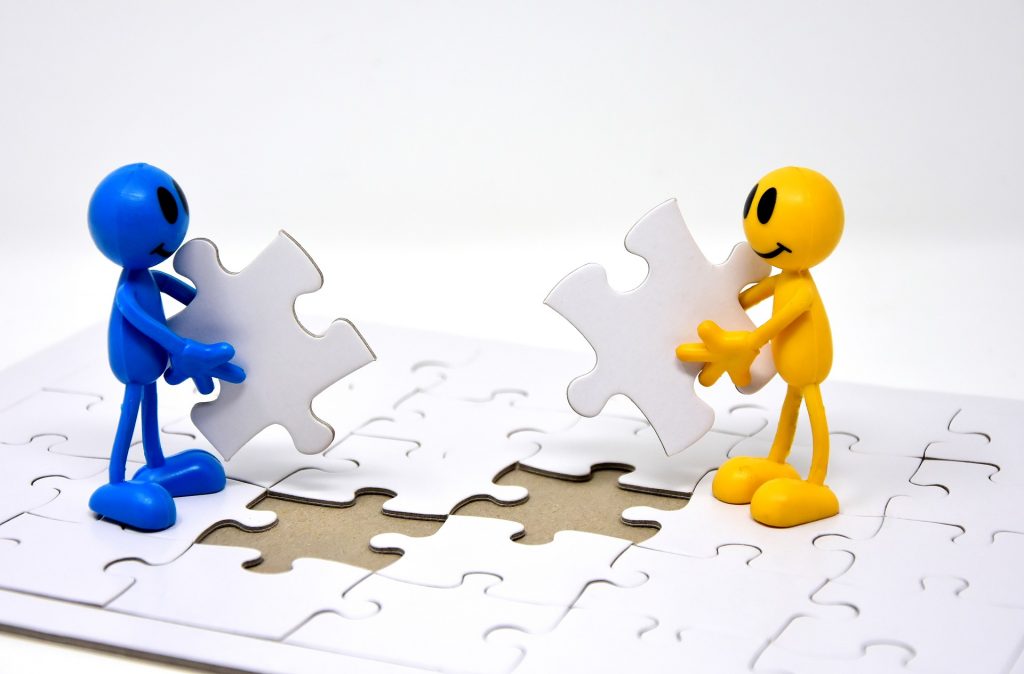This post is also available in Dutch.
Expressing gratitude has long been considered to be an important part of social etiquette, mindfulness, and positive psychology. A simple “thank you” will get people to like you more, help you cope with stress, and improve personal well-being. However, there’s more to it: These types of manners affect those around us in a more complex way.
Gratitude Is the Best Attitude
Receiving gratitude is just as vital as expressing it to others. A recent study in acute care nurses found that being thanked more frequently at work was associated with better reported physical and mental health. Saying “thanks” to a colleague lets that person know that they are appreciated. Many people naturally associate their identity to their jobs and the feelings of appreciation that they experience within their roles.
Expressing gratitude also increases the chances of someone helping you again in the future. Researchers have discovered that people who were thanked were twice as likely to help the same person later on, compared to those who did not receive acknowledgement for their efforts. Participants who were willing to help the same person again, following a “thank you”, did so because they enjoyed being needed and felt more socially valued than those who weren’t thanked. The same study also found that people who received gratitude were twice as likely to help a different person the next day.
Responsibility Exchange Theory
The concept of thanking others is actually one of many things that are considered to be important for easing relationships and avoiding conflict. A recent study from Carnegie Mellon University looks into the underlying psychology of this kind of exchange and presents a new framework for why thanking, apologizing, bragging, and blaming are vital social interactions that communicate responsibility from one person to another.
The researchers who’ve proposed the above framework theorize that, for the speaker, all four types of communication involve a balance in the self-perception of either competence or warmth. Thanking and apologizing communicate care and friendliness but at the cost of feeling inept and vulnerable. Conversely, bragging and blaming make the speaker feel competent but at the cost of being selfish or unkind.
On the other hand, the person who receives the communication experiences the same exchange differently. A “thank you” or an apology makes the communicator appear both warm and competent, while a blame or a brag makes the communicator look uncaring and incompetent.
This marked difference in perception versus self-perception may be why those who communicate gratitude or apologies are more commonly appreciated in general society than those who blame or brag—actions which are considered to be ill-mannered and inelegant. The new framework may also explain why women apologize more often than men, since many cultures unfortunately attribute more value to a woman who is warm, more so than to one who is competent.
Although we may easily say “sorry” or “thank you” to others, we habitually do so without realizing the motivation behind or the effects of such communication. These types of interactions, though seemingly minor, play a large role in countless daily exchanges, from tipping the waitress, to making our colleagues feel happy and valued.
Written by Christienne Gonzales Damatac
Edited by Monica Wagner and Marisha Manahova
Translated by Felix Klaassen and Jill Naaijen
